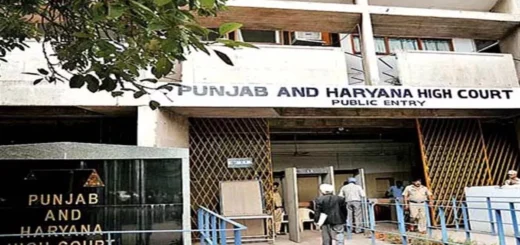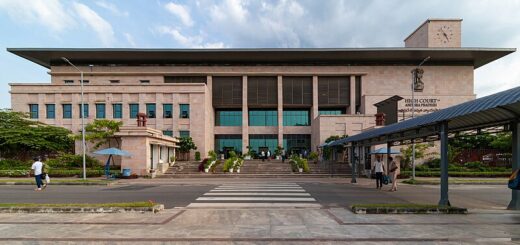The Supreme Court has criticized the poor implementation of pollution measures in Delhi and urged swift action against officials who are not doing their jobs properly.

The Supreme Court noted today that the evidence presented shows a “complete failure” by various authorities to enforce pollution control measures in the National Capital Region. The Court stated that the stage four Graded Response Action Plan (GRAP), which includes stopping all construction and imposing strict vehicle restrictions, will remain in effect until Monday, except for schools, following the Court’s changes to the measures on November 26. During the hearing, lawyers highlighted several violations of GRAP, including construction in upscale areas of Delhi, burning of dry leaves, truck drivers avoiding highways, insufficient monitoring at the city’s borders, and cement being transported alongside food grains as a cover.
A two-Judge Bench, consisting of Justice Abhay S. Oka and Justice Augustine George Masih, noted in its Order that the two reports from Court commissioners reveal a “complete failure” by various authorities responsible for enforcing GRAP-4 measures, with violations identified in both reports. The Court expects states to outline the actions they plan to take regarding the breaches mentioned. When asked about actions against government officials for failing to implement pollution control measures, Additional Solicitor General Aishwarya Bhati informed the Court that show-cause notices have been issued under Section 14 (Penalty for contravention) of the Commission for Air Quality Management in NCR & Adjoining Areas Act, 2021. Justice Oka remarked, “No notice is needed.” The Bench emphasized that “action needs to be expedited” in its Order.
The Court identified a “misleading” statement in a ‘Clarification’ released by the Commission for Air Quality Management (CAQM) today regarding the implementation of GRAP measures. The statement noted that there are no exemptions for public projects under GRAP-4, but added, “However, activities permitted under Stage-III will still be allowed.” The ASG confirmed to the Court that this document will be retracted. Bhati presented data to the Court showing Air Quality Index levels in the National Capital Territory (NCT) of Delhi from 2018 to the present, stating that the current air quality is “manageable.” The Court instructed the CAQM to hold a meeting to discuss whether to relax GRAP measures and to consider a mix of stage three and four measures. The CAQM was ordered to submit its recommendations to the Court on Monday.
The Court ruled that all trucks are banned from entry, except those carrying essential goods or services, those using clean fuel, and Bharat Stage six trucks. “Thus, any instructions from authorities that contradict this will not be enforceable by police or staff at entry points,” the Court stated. After learning about a ‘sting operation’ by a news outlet showing a land records officer suggesting farmers burn stubble after 4 p.m. to evade satellite detection, the Court remarked, “if true, it is very serious,” without commenting on the report’s accuracy. It directed the Punjab government to instruct all relevant officials to stop such practices.
Cause Title: M.C. Mehta v. Union of India [W.P.(C) 13029 of 1985 PIL-W]









